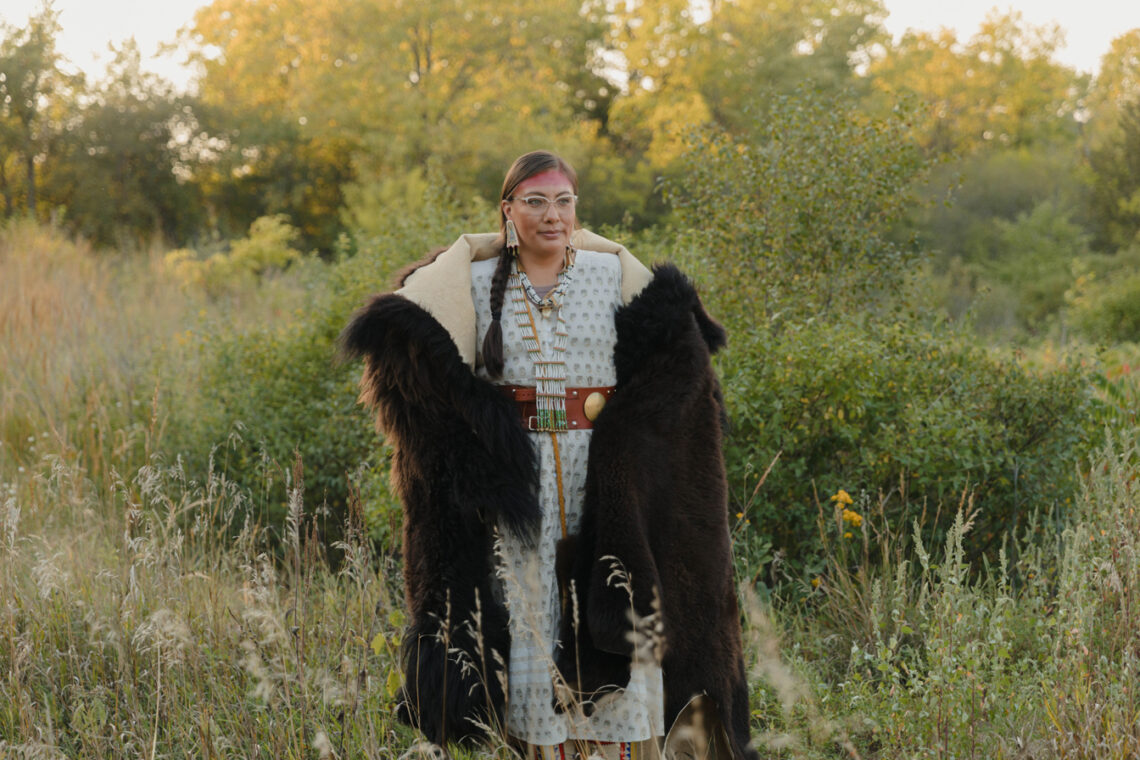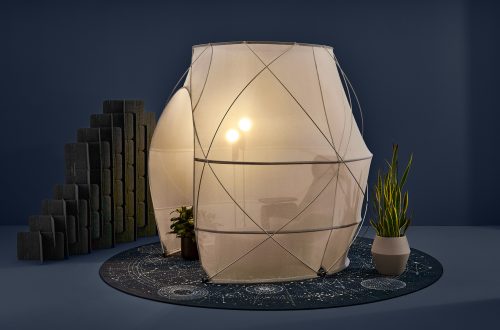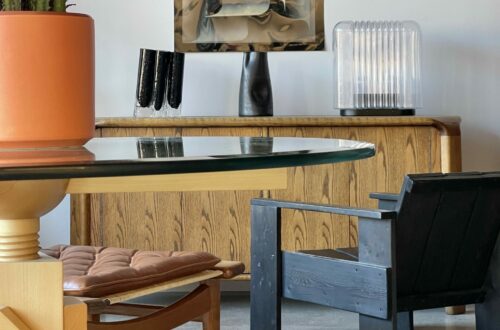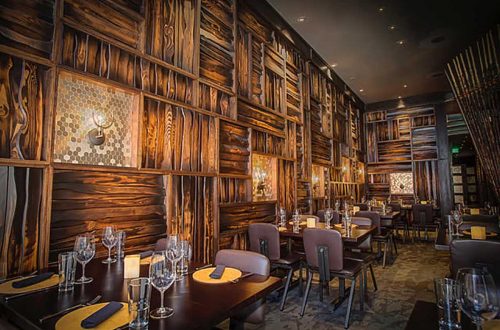For Megan L. Schnitker, owner and founder of Lakota Made LLC in Mankato, Minnesota, plants have a purpose. It is a purpose that can take on many forms, serving as food and medicine, teacher and healer, and to her, it is one that has also evolved organically over the years through Lakota Made to serve as a powerful vehicle in which to educate, to heal, and to nourish customers and audiences while revitalizing Indigenous culture.
“It is not just teaching about plants, but teaching people how to make different products, learn about herbalism, learn about history and culture, and being a resource in people reconnecting with nature,” Schnitker said.
“Historically, we lost a lot of this knowledge and a lot of this use in our day-to-day lives as Indigenous people through boarding schools and colonization, so revitalizing the use of plants in our daily lives has been really important for me to teach to my kids. Then, once Lakota Made started going, it was about teaching anyone who wanted to listen. It was really exciting to know that so many people were interested in learning about plants and cultural uses and the history of plants with Lakota people, Dakota people, and people around the world, because grocery stores and pharmacies aren’t that old. It doesn’t matter which culture you come from, we all used to use these plants as our food and as our medicine,” Schnitker added.
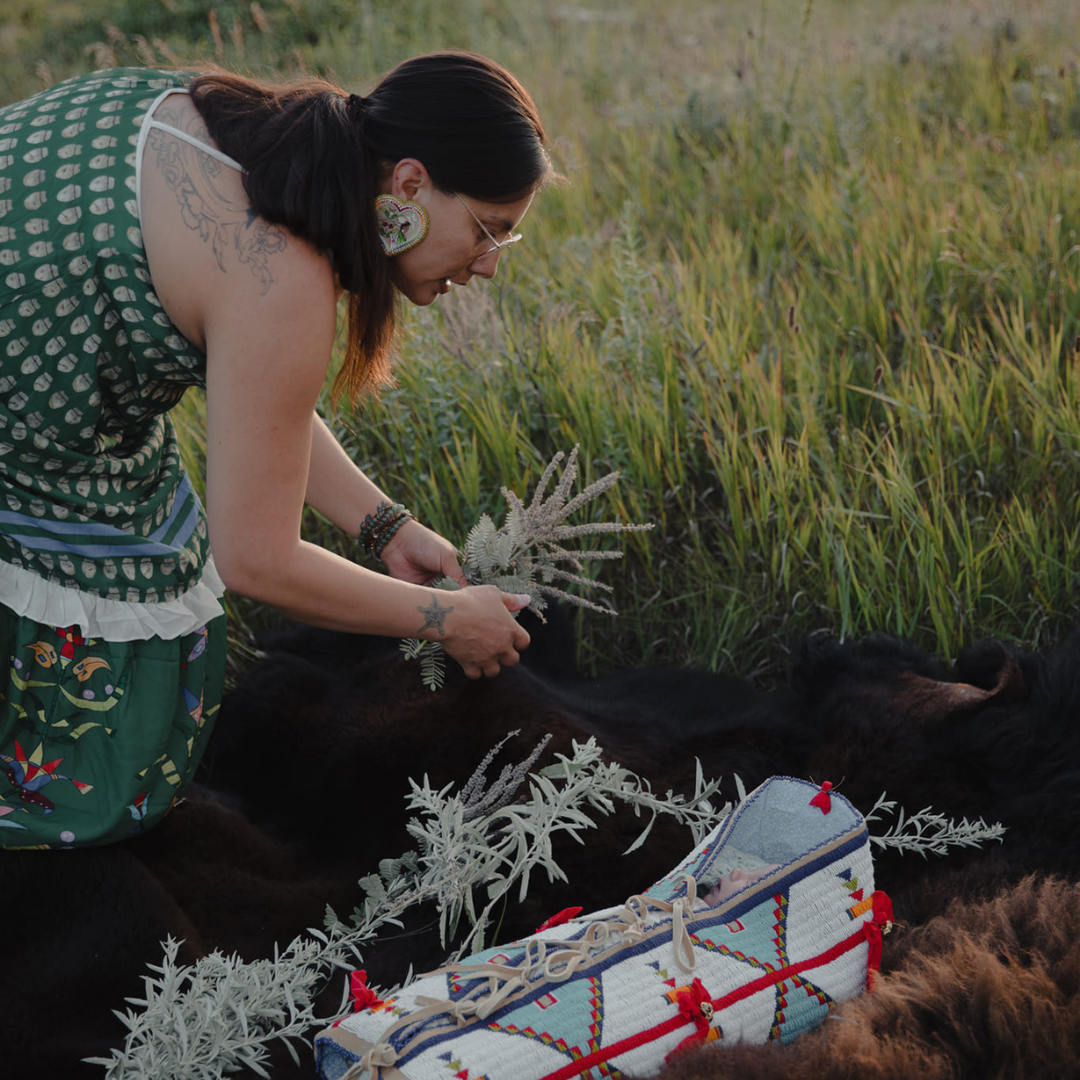
Established in 2018, Lakota Made is a Sicangu Lakota Woman-Owned Small Business located in Old Town, Mankato. Founded by Schnitker, an Indigenous Traditional Herbalist, Enrolled Tribal Member of Rosebud Sioux Tribe in Rosebud, South Dakota, and mother of seven girls, Lakota Made provides Indigenous First Medicines and Eco-Friendly Personal Care Products from its storefront on North Riverfront Drive.
Today, Lakota Made offers locally and sustainably harvested products like dish soap bars, hand and facial soap bars, herbal tonics, herbal tinctures, infused honeys, honey syrups, infused oils, loose-leaf herbal bath teas, herbal teas, cologne balms, medicinal salves, lip balms, and pain relief salves. Some of its popular products include: Pejuta Akišni Tea—meaning Healing Medicine in Lakota—featuring nettle, goldenrod, elderberry, raspberry leaf, flat cedar, and chaga mushroom; Tatanka Salve, an anti-inflammatory and pain relief topical ointment featuring marigold flowers, arnica flowers, nettle, ginger root, turmeric root, goldenrod, sunflower oil, and beeswax; and Honey Lavender Shampoo & Body Bar, an all-natural, eco-friendly solution free of microplastics and plastic packaging.
“We have 11 different types of salves and I make all of the recipes myself, and so the salves range from wound care to different levels of pain and diaper rash prevention. They all come from needs from my family, needs from friends, and needs from customers who constantly come to me looking for relief from something. Our teas are the same way, everything comes from a need or a problem. I think about it for a while, go through my notes on plants, look for what would work best, and come up with a recipe and a product,” Schnitker said.
“We also figure out whether there is an allergy [for a specific individual], whether we have to stay away from certain plants, or if they’ve tried something and it didn’t work, and going from there. It is not really a quick process. I am also doing my own research on what plants would work best, eliminate plants that they have already used or plants they are allergic to, and come up with solutions for the remedy. We’ve come up with over 120 different products for different illnesses or different health goals, wellness goals, or relaxation and self-care goals,” Schnitker added.
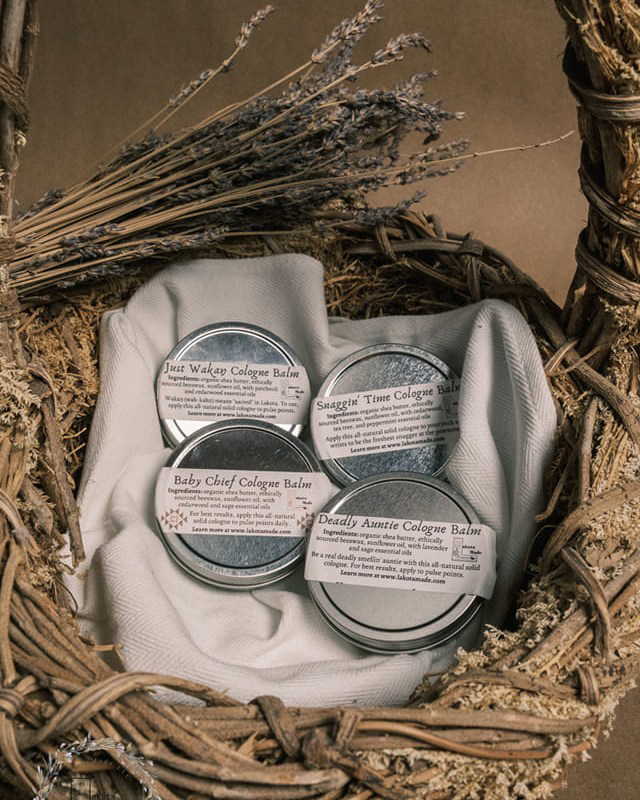
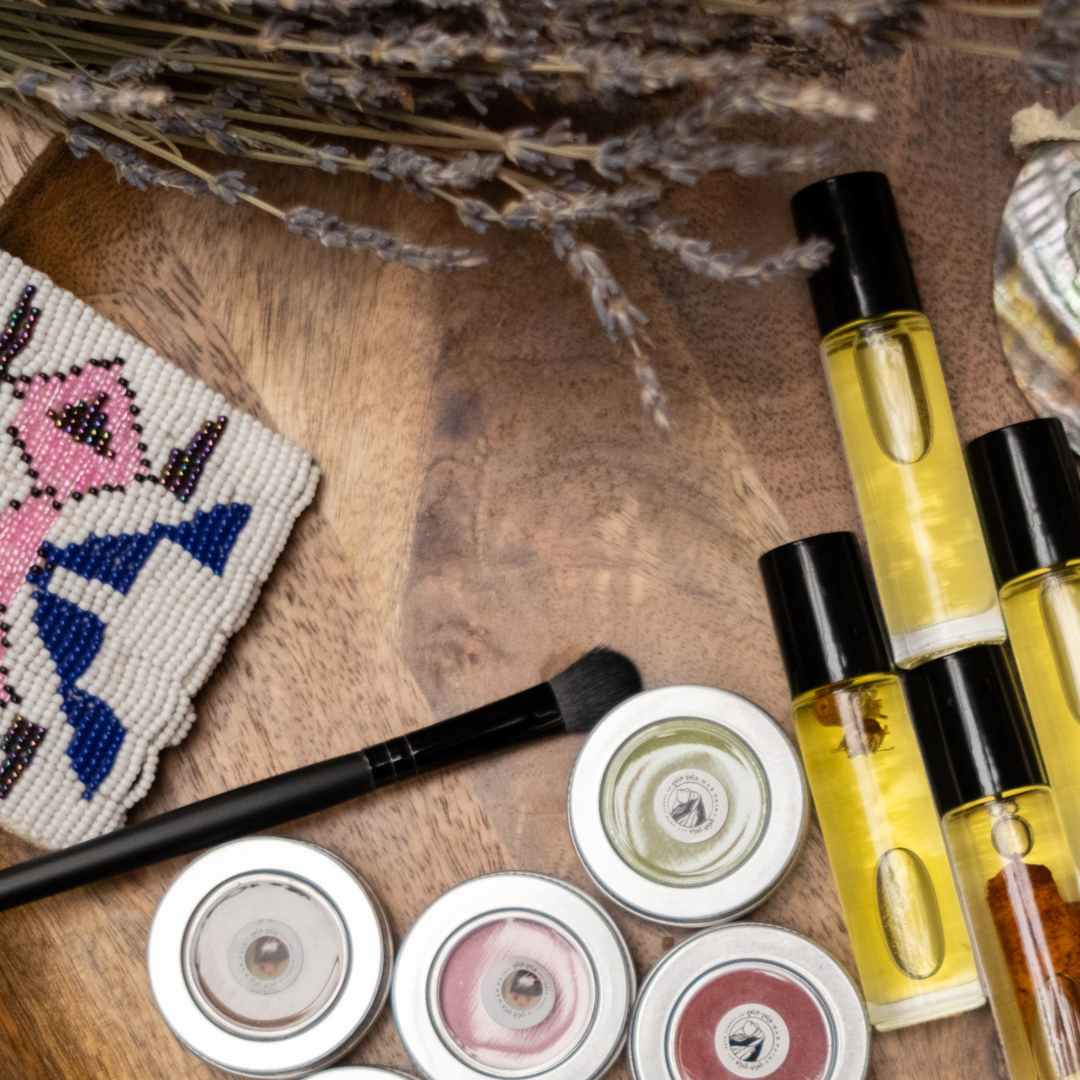
Lakota Made also recently launched three new products: Cinnilla Buffer Bar, a hemp-based soap featuring cinnamon bark, ground nutmeg, and vanilla and cinnamon essential oils with circulation, pain relief, and anti-aging benefits; Headache Tincture, a product meant for treating severe headaches along with nausea and vision symptoms, featuring feverfew, white willow bark, echinacea, peppermint, ginger, plant glycerin, and water; and Inihaƞpi Honey. The Inihaƞpi Honey, named for the Lakota word meaning “anxiousness,” features organic raw honey infused with lemon balm and lavender, and is intended to naturally relieve symptoms of anxiety, used as a supplement in tea, coffee, pancakes, or eaten from the jar.
For Schnitker, whose passion for sharing Indigenous First Medicines quickly expanded into educational classes and speaking engagements at local universities, her journey is one that began with a leap of faith.
“I’ve been learning about herbs my whole life. Growing up in Asanpi Oyanke—Milks Camp, South Dakota—I had many teachers that taught me Lakota history, our stories, and our way of life. I learned to treat our plant relatives with respect and honor as they give us their medicine with the sacrifice of their life. Only take what you are going to use, honor that life by using all parts, and pray for that life to give you good blessings,” Schnitker said. “It is because of them, I made my first-ever salves, tinctures, and soaps. In 2018, I took a leap of faith and started Lakota Made out of my kitchen.”
Schnitker noted she had previously been making the small-batch, plant medicinal and eco-friendly products for her own family, and was encouraged by her husband to sell them online and through local vendor events. What initially began as six salves promoted through her own personal Facebook page, quickly turned into a brick-and-mortar retail store in Old Town as the first Lakota Winyan-owned business on Riverfront Drive. The store’s location in Mankato—or Mahkato, a significant cultural site for Indigenous people throughout history and named for the Dakota word for “greenish blue earth”—is also just a few blocks away from the Dakota 38 site, a significance not lost on Schnitker as she looks to heal through plants both literally and figuratively.
“People would ask, ‘what is a salve, what is a tincture, what is yarrow,’ and so there was this education piece that went with it. Teaching about plants turned into plant classes and that turned into speaking engagements and more products. It has just organically grown and then after sitting down and really thinking about it for a while, it’s like, ‘okay, well maybe I would really like to help save the world,’ so let’s go with some missions to reduce plastic, make sure my products are plastic-free, and dye- and chemical-free, and then let’s incorporate Lakota language and history and culture,” Schnitker said.
“There are quite a few different things that go into what I’m doing and the vision of it is to continue to grow Lakota Made to not just benefit myself, my family, and our employees, but to continue to benefit the community that we live in and the reservations that I come from,” Schnitker added.
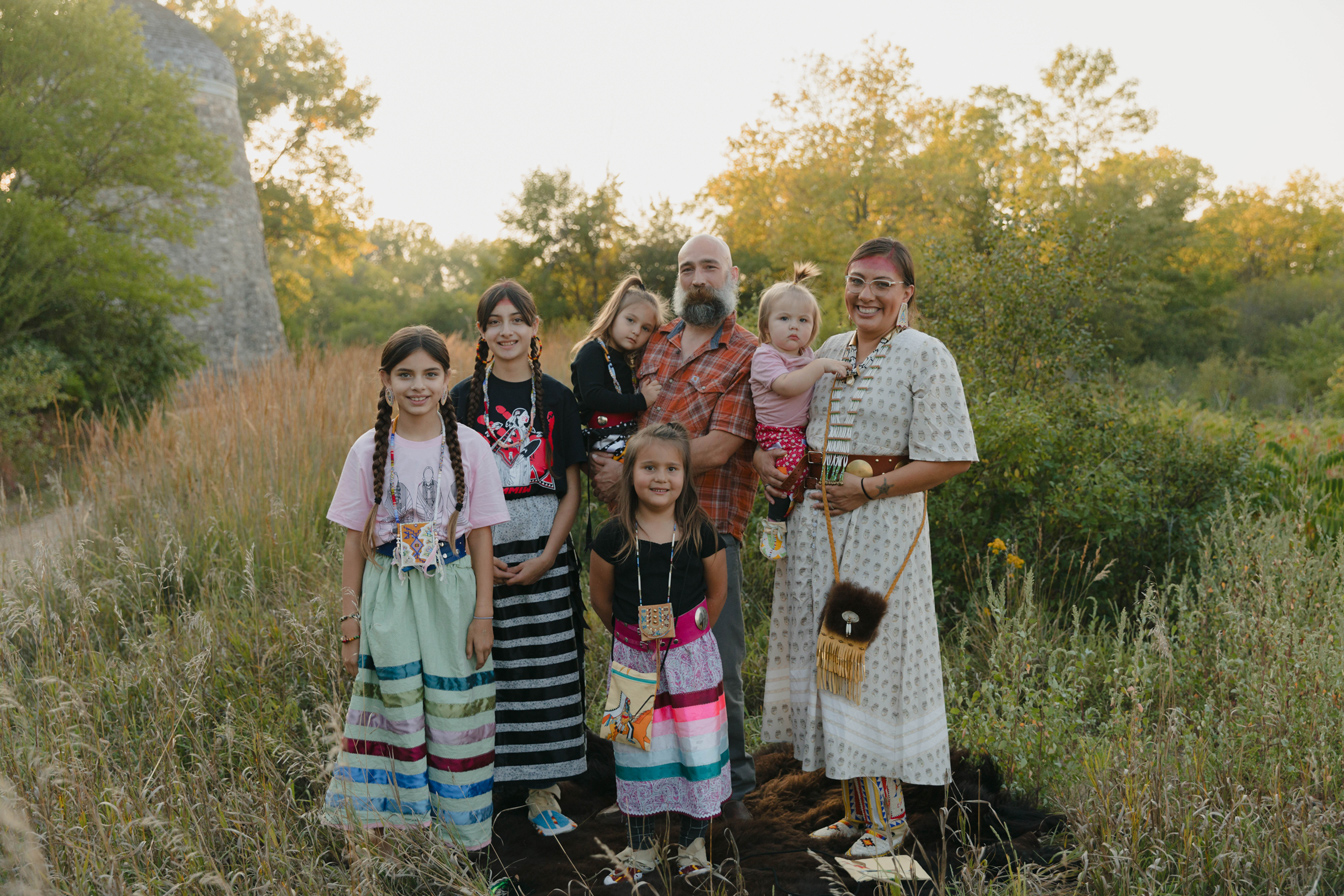
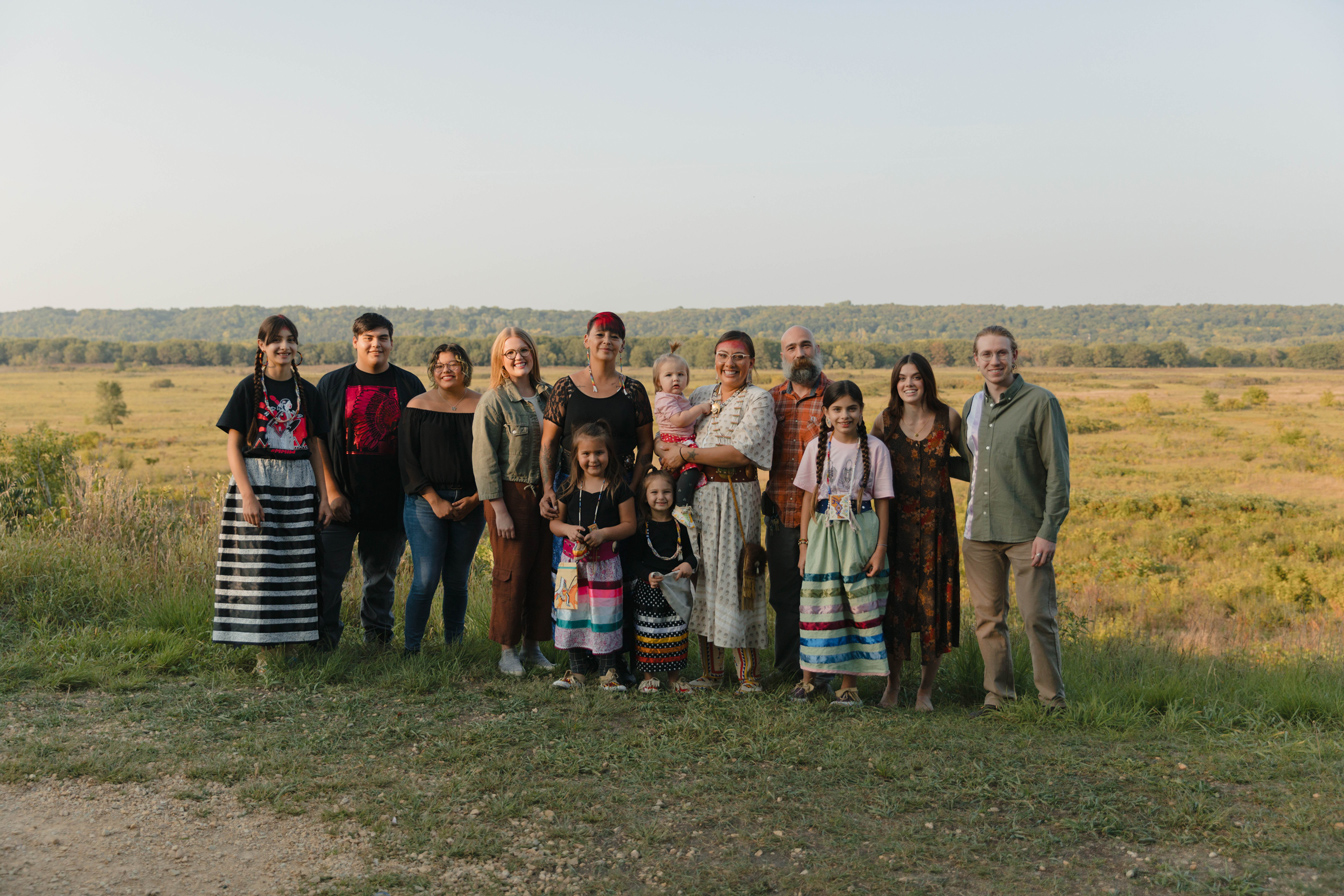
Over the years, Lakota Made has also served as a fundraising arm for Mahkato Revitalization Project, the Indigenous-led, nonprofit that promotes cultural revitalization also founded by Schnitker, and has led her to teach classes at the Living Earth Center in Mankato, Gustavus Adolphus College in St. Peter, Minnesota State University in Mankato, and University of Minnesota in Morris, Minnesota, to name a few. Schnitker noted it was also through her work in the community being on the Mankato Powwow Committee and Indigenous Peoples Day Committee, that she started to get invited to speak at different universities and colleges in southern Minnesota—roughly nine to date—and has continued to partner with people from her reservation back home, teaching classes at Rosebud Reservation, Pine Ridge Reservation, and in Omaha, Nebraska through her uncle’s nonprofit.
“They often give me a topic, like for the Living Earth Center’s Women’s Conference a couple of years ago, their focus or their topic was women and wellness, so I went with a lot of traditional stories that we have on how women used to use plant medicine for different things, the ways they used to use it—whether it was in a salve, in a tea, as a smokeable, an aromatherapy, an herbal bath, or a poultice—for everyday wellness,” Schnitker said. “I have about three or four basic plant classes where we teach about basic identification, uses, benefits, and how to harvest. I also have multiple topics on cultural uses of plants, women’s medicine, men’s medicine, children and kids’ medicine, and young adult medicine. It is a broad spectrum.”
As Lakota Made continues to launch new products—and new collections like clothing and artwork—inviting long-time customers and new visitors into its workshop where thrift-sourced baskets and shelving units house Indigenous First Medicines and Eco-Friendly Personal Care Products, Schnitker’s purpose continues to evolve, envisioning a future in which history and culture is both shared and reclaimed as the business continues to do good and “capitalism the right way.”
“People have become more aware of what goes into processed foods and really look to nature for health and wellness, rather than the quick fix, and living healthier lifestyles. It is a lot of science and chemistry and reading and math, but at the same time, it is about the energy of the plant, what does it feel like to you, does this plant feel like it is going to be good for you?” Schnitker said.
“We have hopes, dreams, and goals to reclaim a lot of lost history and culture by opening manufacturing facilities on the reservations and to give people a chance to reconnect with the plants, nature, and also get paid for it. We have brought some ideas of the places where people would go out and harvest these plants, learn what they are, how to use them, process them, and we would use them here in our facility. We would teach people how to not only just harvest, but also use these plants for themselves,” Schnitker added.
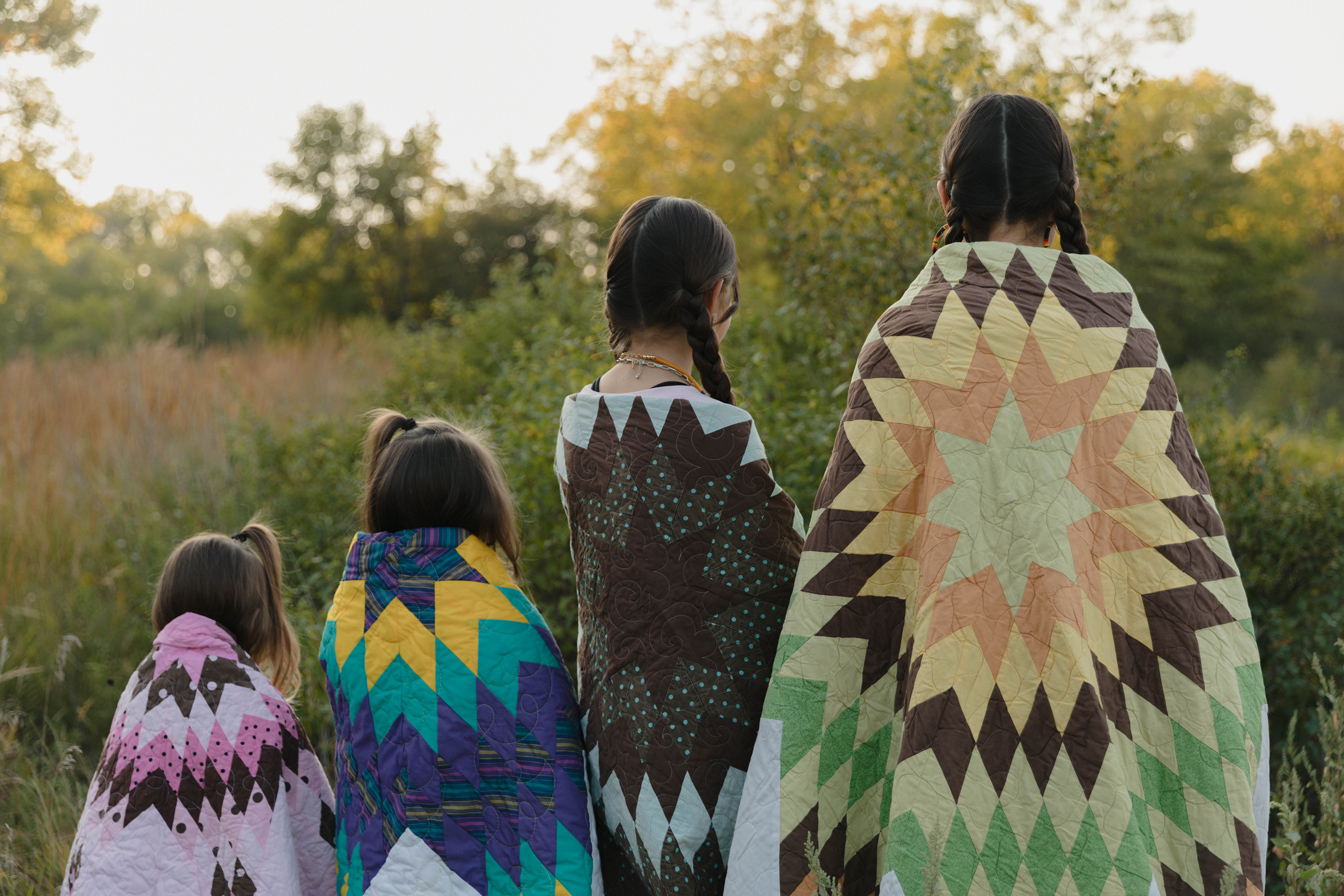
First published in Great Lakes By Design: The Acoustics, 2023
Text: R.J. Weick
Photography: Lakota Made LLC

